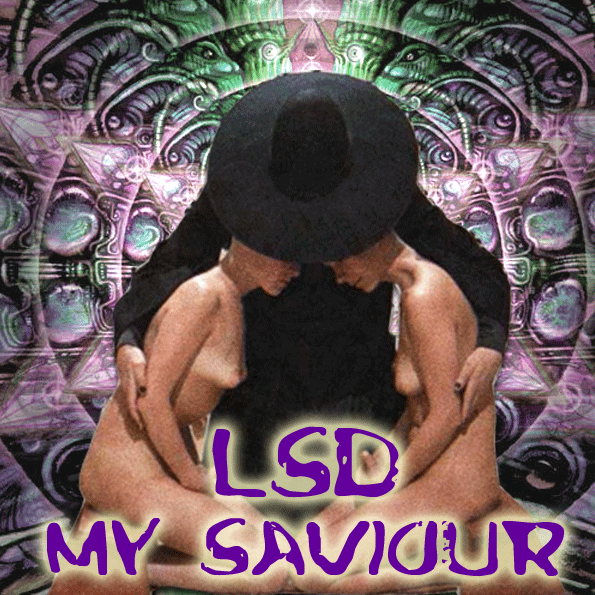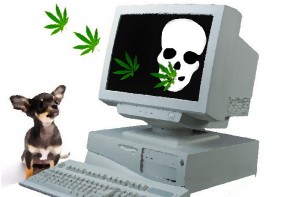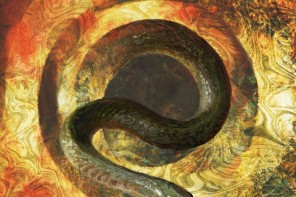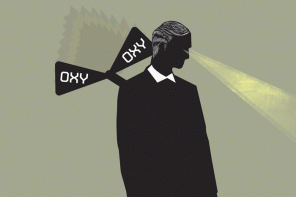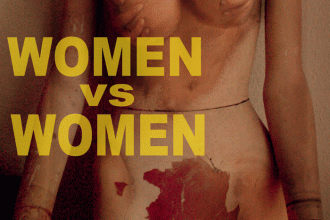In the sixties Timothy Leary dropped pearly acid trip drops into the mouths of eager hippies and preached the benefits of hallucinogenic indulgence. Today acid is still an esoteric dance and the psychotic stigma hasn’t evaporated the clamors of the converted few. A business student from Finland reveals how LSD saved his life.
When I was younger, I used to drink quite heavily. I got drunk at least 3 times a week and it started to affect my relationships. Later I started experimenting with drugs. I tried almost all of them.
I took acid for the first time with my friend. I was 21. It was a beautiful summer day. We went to a forest, and took the dose. It was an experience that I cannot compare to anything else. When people almost die they have an experience like there’s a third person in the room. It was similar to that. I viewed my life through another person’s eyes and it changed my understanding of myself. It was a religious experience: I felt that everything has a purpose, that I have a place in this world, that everything is meaningful. When I was drinking and doing other drugs I was depressed. I felt there was no reason to live. LSD started a psychological-shift to a more positive direction. After that trip I was able to handle my emotions and thoughts, I was more empathetic, with more understanding for others.
I began to see my life from a different point of view. I didn’t drink much anymore. In retrospect, I think that if I hadn’t taken these drugs, I would have been drinking even more heavily. LSD saved my life and my liver. It was a game-changer.
Before LSD, I thought I was better than everyone. I used people for my own means. I don’t do that anymore. People close to me noticed I was becoming more positive. I wasn’t the wanker I used to be. I started liking people more, people liked me more, in a positive cycle that kept evolving. After the trip I was more empathetic to the experience of others. For the first time in my life I was able to maintain a long-term relationship.
You live your life. You do the things people do: study, work, and after a while you lose the effect of the trip. I take it again and again to remind myself that I belong to the world. It might sound funny, and I guess it’s hard to explain. It’s the sort of thing you can only understand after you do it. It’s my medicine. Doses keep me psychologically healthy. I take LSD twice a year, every year. The trips are very intense.
The intensity can fuck people up if they take it too often. But I don’t really see myself ever stopping. I enjoy the challenge of facing my demons, so to speak.
I like taking it in summertime, in a beautiful natural setting, with one or two friends. We start early in the morning so there’s a long day ahead of us. The place must be remote, with not many people around. Taking it in the city is a mistake. There are too many things happening: people, lights, noise. It might freak you out.
An hour after taking it you start feeling the effects. You get euphoric, and philosophical questions rise to the surface, the sort of questions that everyone asks: why am I here, where am I going. All the colors get brighter. You notice stuff you haven’t noticed before, like the minute details of a random tree. For the first hour or two new ideas start surfacing and you engage in deep conversations. But after a few hours it gets so weird you can’t really explain it in words anymore, and you become quiet and meditative. But it’s important to have people around. You appreciate their presence even if you’re not talking.
Acid’s psychotic stigma makes users keep it a secret. I only talk about it with my close friends who also take it. Otherwise, I never mention it. People have preconceptions about the drug and the people who use, but LSD changed me. I’m not some kind of prophet crying out in the wilderness for others to take it. I don’t know if it’s good for everyone, but it is definitely good for me.

